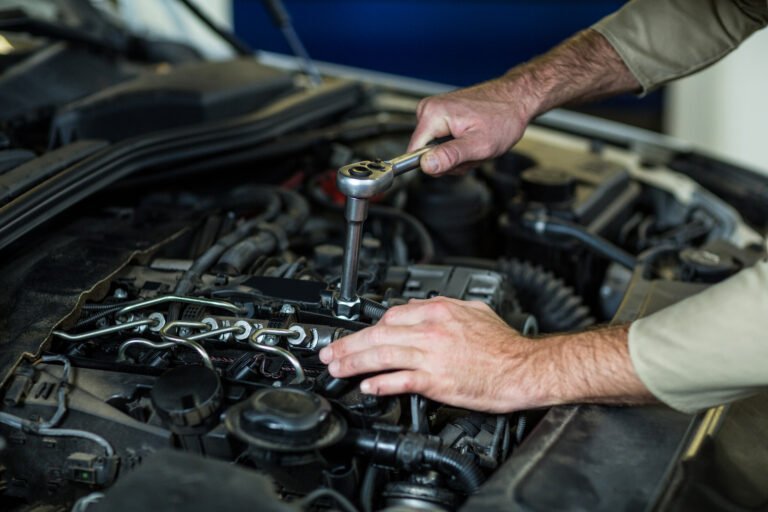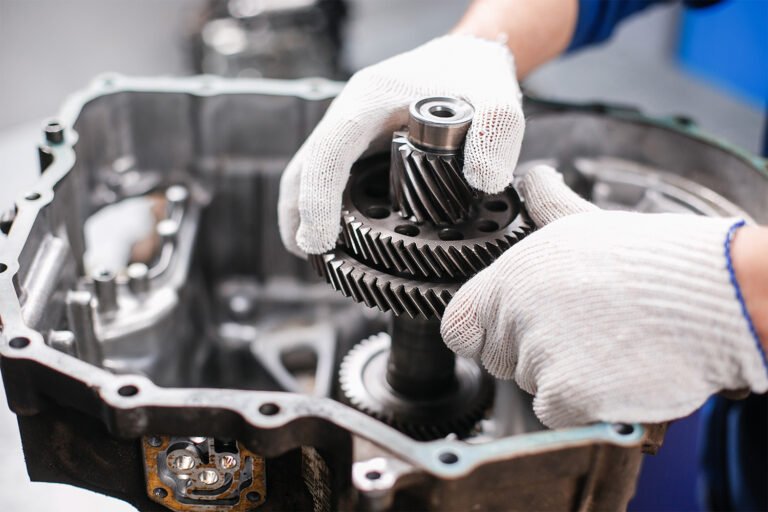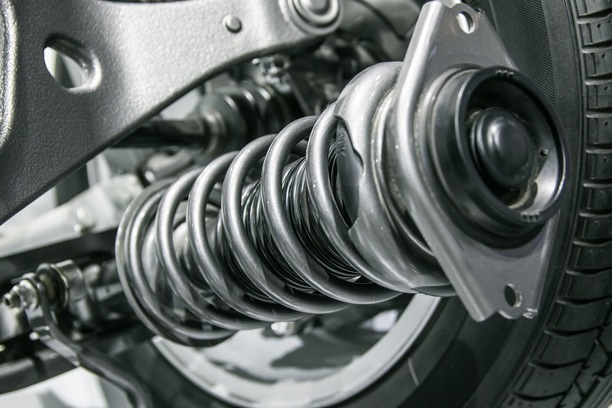Top Reasons Behind Car Electrical Issues
If you’ve ever found yourself dealing with a car electrical issue, you’re not alone. Modern vehicles rely heavily on electrical systems to keep everything running smoothly, from your headlights to your engine. When something goes wrong, it’s not just frustrating—it can disrupt your daily routine. Let’s dive into the most common reasons behind these pesky electrical problems and how you can spot them early.
1. Faulty Battery
Your car’s battery is its lifeline. It provides the power to start the engine and keeps the electrical components functioning. Over time, batteries wear out, especially if they’re subjected to extreme temperatures or left unused for long periods. Signs of a faulty battery include dim headlights, a slow cranking engine, or complete failure to start.
Regular battery checks can save you from being stranded and extend the overall lifespan of your vehicle’s electrical system. Additionally, keeping jumper cables handy and knowing how to use them can be a lifesaver in emergencies, especially during unexpected breakdowns or when traveling in remote areas. Proactive maintenance is key to ensuring a reliable driving experience. Get your Range Rover battery repair and Jaguar battery repaired with Al Sayara Al Almania Auto Maint. Center for expert service and peace of mind.
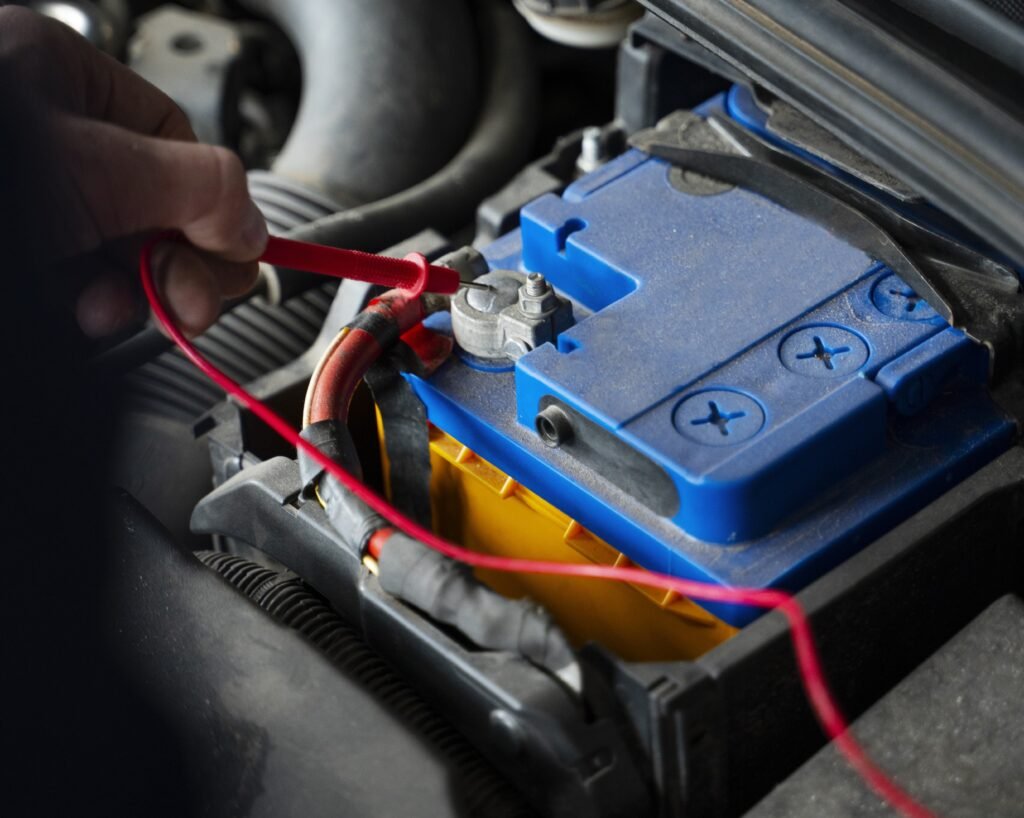
2. Loose or Corroded Battery Connections
Even if your battery is in great shape, loose or corroded connections can lead to a car electrical issue. Corrosion buildup on the battery terminals can prevent a proper flow of electricity, causing intermittent problems or a total power loss. To avoid this, check the terminals regularly and clean them with a baking soda solution.
3. Worn-Out Alternator
The alternator is like your car’s personal power plant. It recharges the battery and supplies power to the electrical system while you drive. If it’s not functioning properly, you might notice dim lights, malfunctioning accessories, or a warning light on your dashboard. Ignoring a failing alternator can lead to a dead battery, so it’s best to address the issue promptly.
4. Blown Fuses
Fuses act as protectors for your car’s electrical system. When there’s a surge or short circuit, the fuse blows to prevent further damage. A blown fuse can cause a single component, like your radio or wipers, to stop working. Thankfully, replacing a fuse is quick and inexpensive. Just make sure you use the correct amperage to avoid further complications.

5. Damaged Wiring
Wiring issues are among the trickiest car electrical problems to diagnose. Over time, wires can become frayed or damaged due to wear and tear, rodent activity, or improper repairs. Damaged wiring can lead to a variety of symptoms, from flickering lights to complete electrical failure. If you suspect a wiring issue, it’s best to consult a professional mechanic.
6. Malfunctioning Starter Motor
The starter motor is responsible for cranking your engine when you turn the key. If it’s not working, your car won’t start, no matter how strong your battery is. Common signs of a faulty starter motor include a clicking sound when you turn the key or a complete lack of response. Regular maintenance can help you avoid this inconvenience.
7. Faulty Sensors
Modern cars are equipped with numerous sensors that communicate with the vehicle’s computer. If one of these sensors malfunctions, it can disrupt the electrical system. For example, a faulty oxygen sensor can affect engine performance, while a bad temperature sensor might cause overheating. Keeping your sensors in good condition ensures your car runs efficiently.
8. Overloaded Circuits
Plugging in too many accessories or using high-powered devices can overload your car’s electrical circuits, leading to blown fuses, drained batteries, or even permanent damage to the system. Overloading can also cause your car’s wiring to overheat, posing safety risks. To prevent such issues, avoid using multiple devices simultaneously, ensure all accessories are compatible with your vehicle, and regularly inspect your power outlets for wear and tear. If you’re unsure about your car’s electrical capacity, refer to your owner’s manual for detailed guidelines or consult a professional. Protect your vehicle by staying informed and using electrical accessories responsibly.
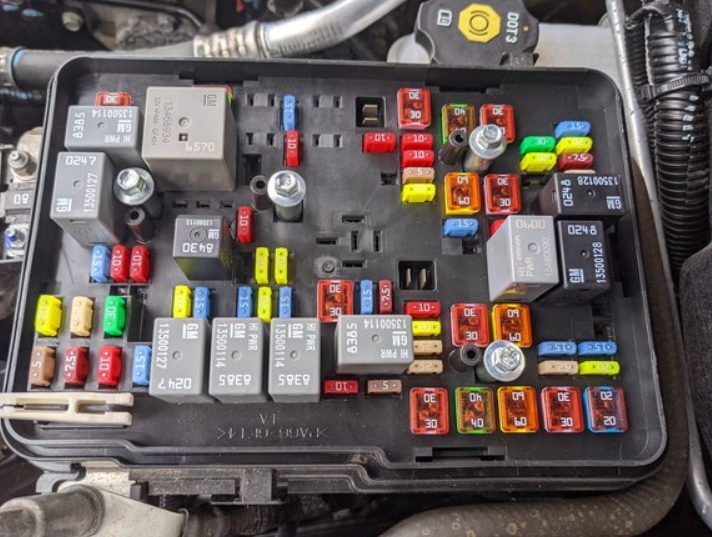
How to Spot a Car Electrical Issue
Recognizing the signs of a car electrical issue early can save you time and money. Common symptoms include flickering lights, unresponsive accessories, or strange smells coming from the dashboard. If your car struggles to start or you notice erratic behavior in any electrical component, it’s time to investigate.
Preventative Maintenance Tips
To avoid car electrical issues, regular maintenance is key. Check your battery and alternator during routine service appointments. Clean the battery terminals to prevent corrosion and inspect the wiring for signs of wear or damage. Keep your fuses in good condition and avoid overloading your car’s electrical system with unnecessary gadgets.
When to Call a Professional?

While some car electrical problems are easy to fix, others require professional expertise. If you’re dealing with complex wiring issues or recurring problems, it’s best to consult a qualified mechanic. They have the tools and experience to diagnose and resolve electrical issues effectively. Get your car electricals checked and repaired at Al Sayara Al Almania Auto Maintenance Centre, where our expert technicians ensure your vehicle’s electrical systems are functioning flawlessly.

